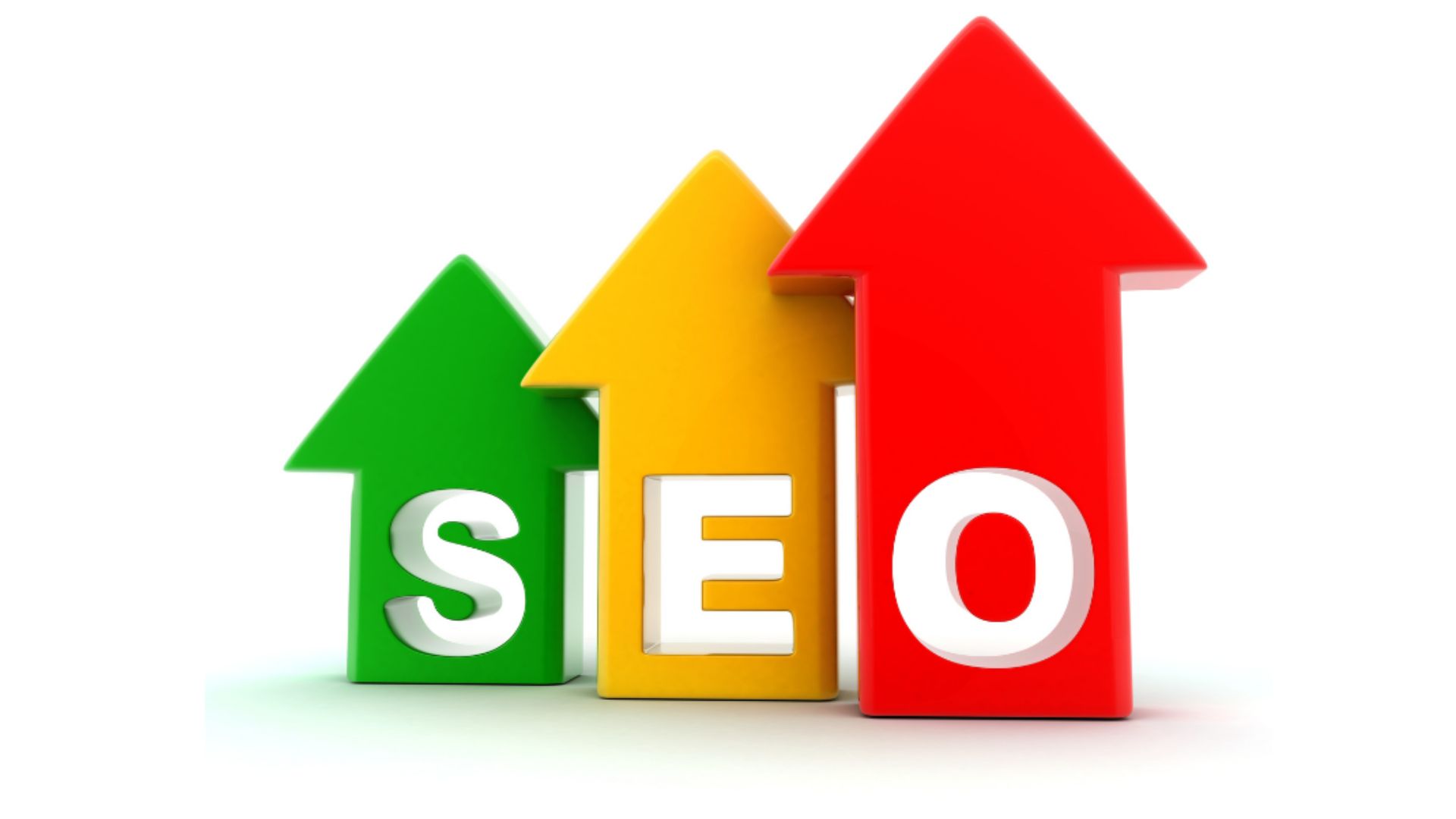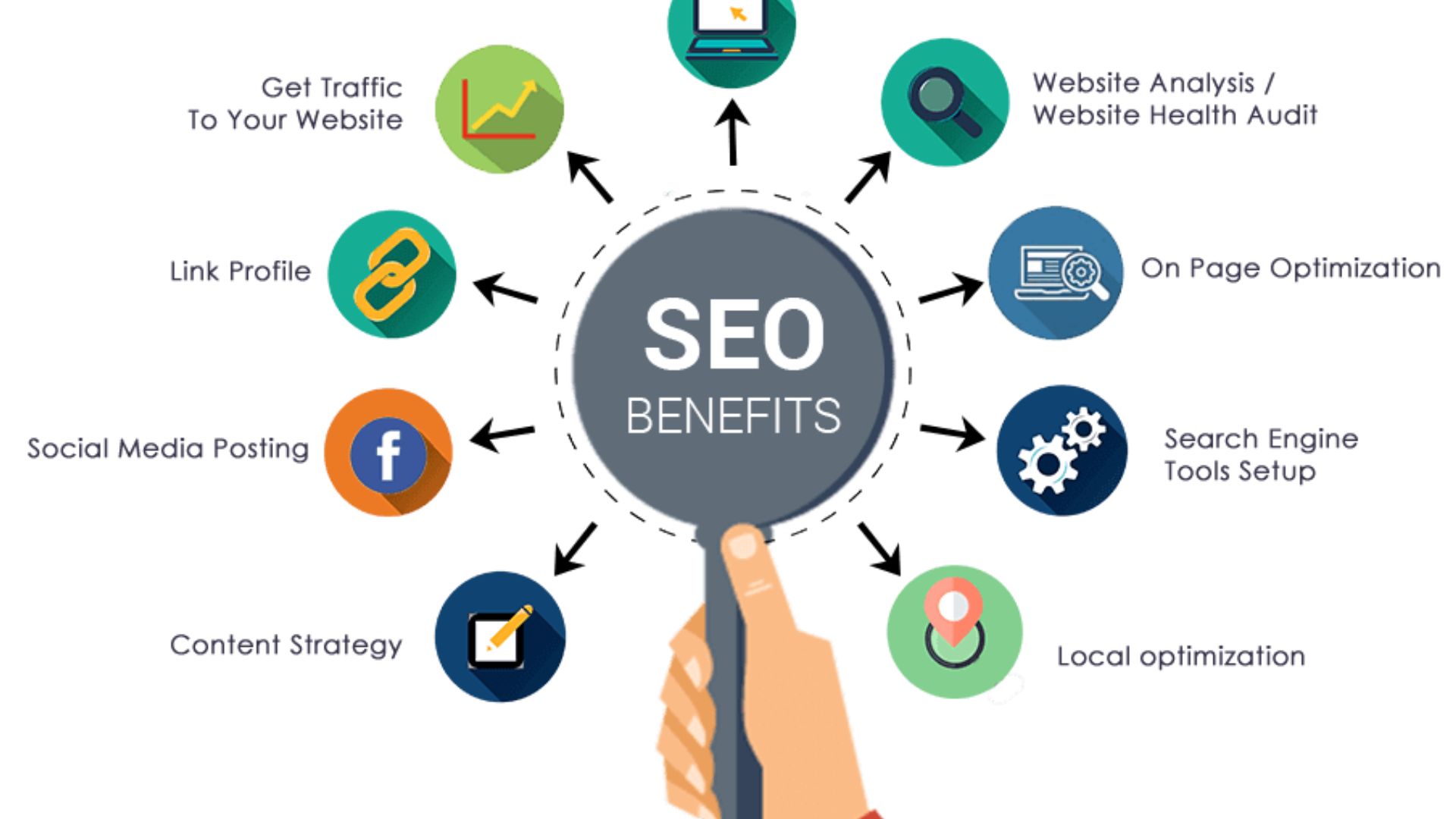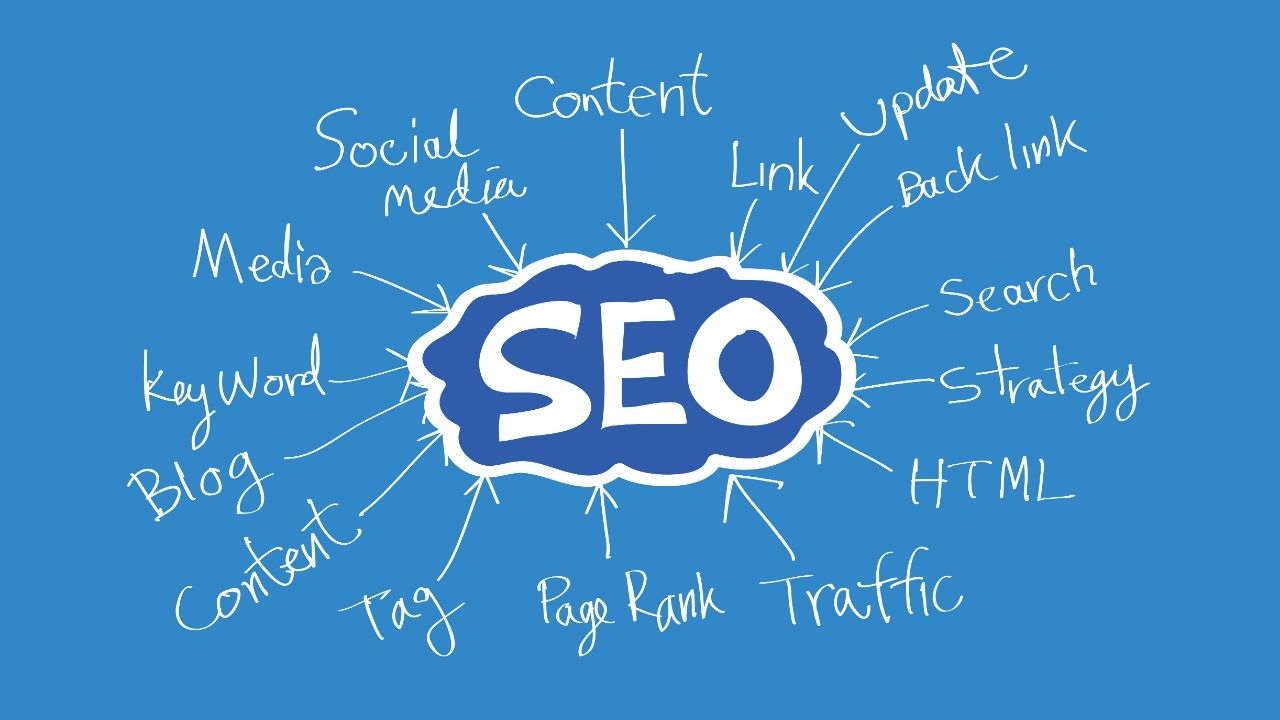
To help people find your event, gig, or conference when they look online, you need to use SEO. There are specific rules for SEO for events. But getting your events to rank high on search engines is easy. You can get more people to visit your event website by using SEO or search engine optimization. This will help you reach all of your goals.
Search engine optimization (SEO) is an integral part of event marketing in this digital age. Search engines are now the most likely way for potential guests to find out about your event. Because of this, it is essential to make sure that your event marketing is optimized for search engines. So, let's dive in to learn more about the SEO guide for event marketing.
Understanding SEO For Event Marketing
Before you can use SEO to promote your event marketing, you should first know what it is. SEO, in simple terms, is the process of making changes to your website and its content that help it rank better on Google's search engine results pages (SERPs).
Google and other search engines use a specific formula called the search algorithm to figure out which websites to rank for various search queries. This algorithm takes hundreds of factors into account.
All of these measured factors, though, are aimed at the same thing. There are really only two things you need to do to make sure your event website ranks well.
- Search engines like Google can visit, crawl, and list your page. And to make sure they got all the information on your website right.
- Making your website more accessible for people to use and making sure the material you put on it fits the wants and needs of your target audience
Of course, it can be hard to do these two things at the same time. Still, once we understand that SEO is mostly about making sure of these two things: user experience and indexability, we can better plan our SEO strategy for event marketing.
Understanding Your Target Audience
To make an SEO event marketing plan that works, you need to know who you're trying to reach. This means figuring out who your customers are, making buyer personas, and knowing what they're looking for when they search.
Identifying Your Audience
First, figure out who you're writing for. There are a few essential things to think about.
- Figure out who you're writing for. Please find out about their age, gender, job, and other facts about themselves.
- Find out what problems they want to solve, like what problems they are having and how your event can help solve these problems.
- Find out what your audience is interested in, what they like, and what drives them. This knowledge may help you make your marketing message more effective.
- You are being aware of why and who they trust. This can help build credibility and trust with your viewers. For example, you can reach your target group effectively with influencer marketing if they trust people who have a lot of followers in your industry.
- The methods that your audience uses can help you get in touch with them. For instance, if most of your audience is active on social mediasites like Facebook, Instagram, or LinkedIn, you should concentrate your advertising on those sites.
- Do a market study, talk to customers, look at what your competitors are doing, and learn from social media. Market study and interviews with customers can tell you a lot about the habits, interests, and preferences of the people you want to buy from you.
SEO For Event Marketing - A Step-By-Step Guideline
Enhance Your Website With Event Schema Markup
Creating an event template is the first step in our SEO marketing plan for events. What does an event model mean? Professionals say that the event schema is made up of structured data that tells search engines like Google that a specific landing page is connected to an event.
Maximize Your Event's Success
Our third SEO tip for event organizers is to use websites and ticketing platforms to get people interested. Wells Yu, an experienced SEO, talked about how Google lets people buy tickets from websites that are certified by Google as event ticket sellers. Google's official guide tells event ticket buyers everything they need to know.
Elevate Your Event Pages
SEO is the heart of your event pages because Google looks at how well your whole website is optimized. It can be hard to get people to attend virtual events, but there are a few general SEO factors that event websites can use to get better rankings and show up in rich results. Here are three that work well.
Grow Your Event Exposure
It's also known as an "inboundlink." Digital marketers also think of backlinks as votes that raise the trustworthiness of your event pages, which in turn raises their search rank. When you use backlinks in your event marketing SEO strategy, your landing pages become more authoritative and relevant, which brings you more visitors.
Research Consumer Intent
SearchEngineJournalsays that many studies have been done to figure out what users are trying to do when they type in keywords. So, the findings that Google shows depend on what people are looking for.
The official Google Search Quality Rating Guidelines also talk about how the purpose of the user makes results more relevant. If a user looks for "cybersecurity events," for example, that user will find the events that are happening closest to them.
Boost Local Visibility
Located-based on-page SEO is an important SEO strategyfor event planners to use. Also, the website's content should focus on details that are unique to the location, like your event, the people who are going to it, and how it helps people in that location.
As we already said, it's a good idea to look into keywords based on what your customers want and what words or sentences they might use to find your event. Type in the name of the event and see what comes up as a manageable strategy.
Conduct In-Depth Competitors Events Audit
The last and most important SEO tip for websites is to study what your competitors are doing carefully. One good place to start is to look at the backlinks that lead to the event landing pages of your rivals. Intelligent tools like Semrush, Ahrefs, and Moz are helpful because they let you see how your backlinks compare to those of your rivals.
Building Backlinks
Backlinks, or links from other websites to your event website, are a big part of telling search engines that other websites think your event website is valuable and essential. When people look for your event website, the more backlinks it has, the higher it will rank.
SEO is the key to making your event stand out from the rest. You can make your event more visible, get more people to attend, and make more sales by researching keywords, optimizing your event website, making an irresistible event page, getting backlinks, and promoting your event on social media. Since SEO is a constant process, remember to check in on your progress and make changes as needed.
Create Quality Content
Making contentfor your site is a crucial way to keep leads interested and improve your SEO score. When you write content, you share with your audience the valuable things you know about planning events.
This is a great way to get more leads to your page. People are always looking for information. On Google, they look for helpful information that will answer their questions.
Debunking Common SEO Myths And Misconceptions
Also, now is an excellent time to bust some common SEO myths that event planners should stay away from.
More Keywords Equals Better Ranking.
Any SEO strategy needs to focus on relevant keywords, but putting too many keywords in content can work against you. In fact, Google thinks this kind of behavior, called "keyword stuffing," is wrong and could lead to a punishment.
When improving content for keywords, it's essential to maintain the quality of the content and make it easier to read. Use your keywords in a natural way and small amounts so they don't hurt your SEO.
SEO Is A One-Time, Set-It-And-Forget-It Effort
For SEO to work, you have to keep working at it, paying attention, and making changes all the time. Search engine algorithms and user/searcher behavior are constantly changing, so it's essential to keep an eye on your rankings, search traffic, engagement metrics, and other essential metrics so you can make intelligent decisions about how to change your SEO tactics.
SEO Is All About Link-Building
Link building, or working to get other websites to link back to yours, is essential, but it's not the only thing that's significant. For SEO success, you do need more backlinks from relevant, high-quality sources. But you also need to make sure your website's technical factors are optimized and that your content is optimized for keywords.
5 Outcomes Of Using SEO In Events In 2023
Drive Event Ticket Sales
Increasing ticket sales by a significant amount is one of the main benefits of using SEO for events. Implementing effective SEO strategies can help your event be seen by more people online, especially those who are constantly looking for events like yours.
This makes your event website more visible, which not only brings more potential attendees to it but also makes it more likely that these users will buy tickets.
Targeted Audience
SEO lets you precisely target the people you want to reach. You can make sure that your event marketing reaches people who are actually interested in going to events like yours by using relevant keywords, long-tail terms, and location-specific optimization.
Establish Brand Authority
SEO not only helps with short-term goals like selling tickets, but it's also essential for building long-term brand recognition. When your event keeps showing up in search results, it tells both search engines and people who might want to go that it is a reliable source in your niche or business.
Stand Out
It can be challenging for events to get people's attention, especially now that the internet has a whole of different things to give. SEO is a great way to stand out in a market that is already very crowded.
You can make your event stand out from others by using unique and exciting keywords in the content, making videos that people will want to share, and using local SEO techniques.
The Best ROI
The best return on investment (ROI) is one of the most convincing reasons to use SEO in events. SEO is a strategy that provides measurable results at a lower cost than traditional marketing methods.
Using tracking tools, you can see how well your SEO is working, see how many people are visiting your website, and figure out how that's affecting ticket sales. With this data-driven method, you can make your SEO strategies better, making sure that they are always getting better and more optimized.
SEO Guide For Event Marketing - FAQs
How Do You Promote An Event On SEO?
Utilize targeted keywords, create an SEO-friendly event landing page, and leverage content marketing to increase visibility and attract attendees.
What Is SEOIn Event Management?
SEO in event management involves optimizing online content and strategies to enhance a specific event's visibility, attract a targeted audience, and drive engagement.
How Do You Use SEOAs A Marketing Strategy?
Incorporate relevant keywords, create high-quality and shareable content, optimize multimedia elements, and implement local SEO to market events online effectively.
What Are The Three Steps To Successful SEO?
Conduct keyword research, optimize on-page elements (content, tags, images), and build quality backlinks to achieve successful SEO outcomes.
Final Words
The key to a successful event lies in mastering the art of SEO for event marketing. Crafting an SEO-friendly landing page, utilizing long-tail keywords, creating engaging content, optimizing images and multimedia, implementing local SEO strategies, and prioritizing mobile optimization are essential components of a comprehensive SEO strategy for events.
By strategically incorporating these elements, your event can achieve higher visibility, attract a targeted audience, and ultimately enjoy more tremendous success. Keep these guidelines in mind as you plan and execute your next event, and witness the transformative power of effective SEO in event marketing. SEO guide for event marketing is not just a set of tactics; it's the roadmap to unlocking online success for your events.



